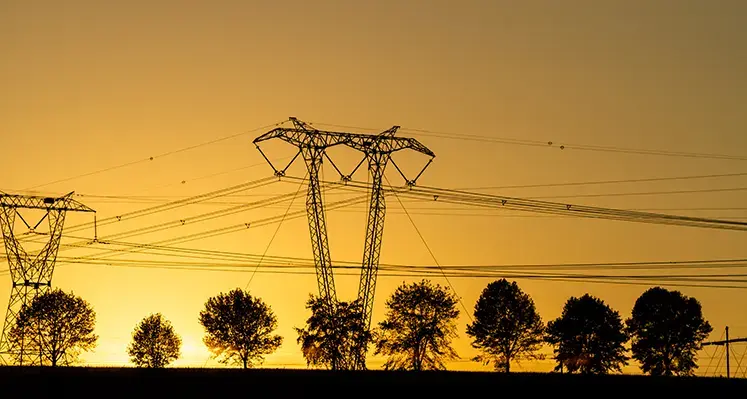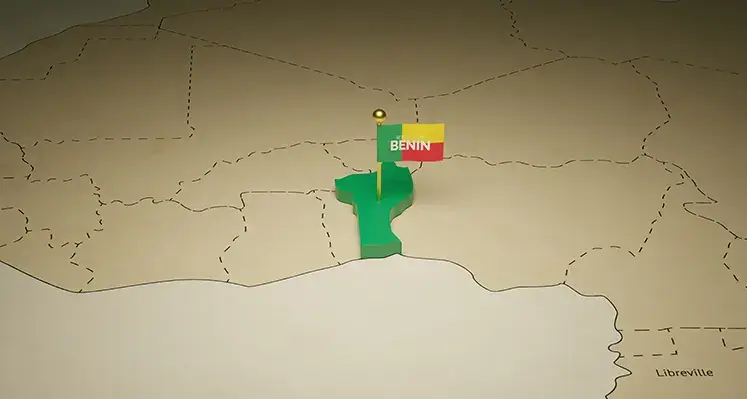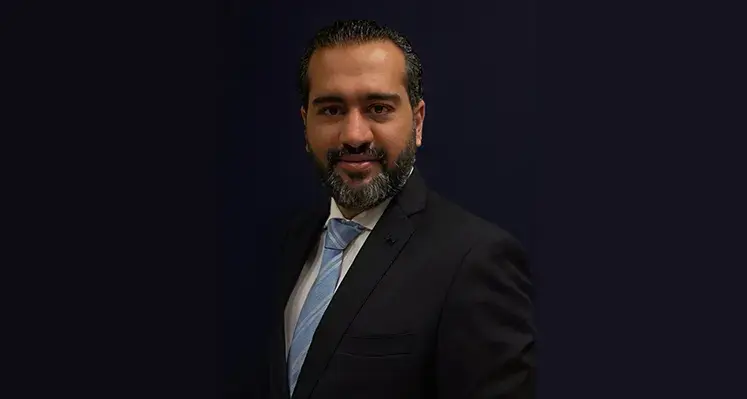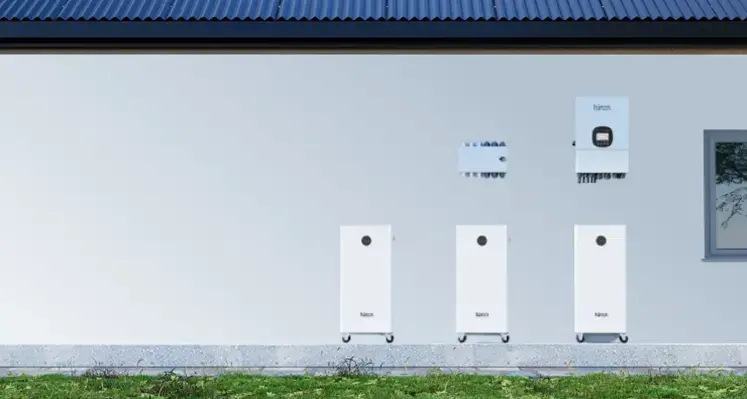A flagship green ammonia project in Namibia, led by Zhero, a European clean energy developer, has received a US$5.15mn funding boost from SDG Namibia One Fund
Namibia’s energy transition and green hydrogen fund is supporting the Zhero Molecules Walvis Bay Project through funding provided by the European Union’s Global Gateway and Invest International.
Expected to start commercial operations in 2030, the project aims to produce 500,000 tonnes of green ammonia annually, avoiding an estimated 1.2 million tonnes of carbon emissions a year.
“Namibia has the natural resources, strategic location and national vision to become a global leader in green ammonia and hydrogen,” said Paolo Gallieri, Zhero’s chief operating officer.
“With this support, we are strengthening our ability to deliver a world-class facility that can attract long-term investment, create economic opportunities for the country and contribute to global decarbonisation efforts.”
Zhero Molecule Walvis Bay is the company’s flagship project in green molecules.
The project will be powered by an integrated renewable energy system comprising 3 GW of solar PV, 2.2 GWh of battery energy storage, a 1.6 GW electrolyser system and 110 km of new transmission infrastructure.
A desalination plant is planned as part of the project’s water supply solution.
Green ammonia produced by the project is expected to serve global decarbonisation markets, including fertilisers, maritime fuels and industrial feedstocks.
SDG Namibia One Fund (also known as Climate Investor Three Namibia) is managed by Climate Fund Managers (CFM), a climate-focused blended finance investment manager, in partnership with Dutch development finance institution, Invest International, and the Environmental Investment Fund of Namibia (EIF).
“Zhero’s project aligns strongly with Namibia’s ambition to build a competitive green hydrogen and ammonia industry, as well as with the mandate of our SDG Namibia One Fund,” said Darron Johnson, regional head of Africa at CFM.
“The site benefits from exceptional solar resources, ample land and direct access to deep-water export infrastructure at Walvis Bay, making it well-suited for industrial-scale green ammonia production. Through its blended finance structure, SDG Namibia One is providing early-stage development capital alongside Zhero needed to de-risk the project and prepare it for financial close, creating the conditions for private capital to invest at scale in the construction phase. We look forward to working with Zhero to bring this important project from development, through construction and into operation.”
Green ammonia is produced by combining green hydrogen, generated through electrolysis powered by renewable energy, with nitrogen extracted from the air.
It is a zero-carbon fuel and chemical feedstock with applications across sectors including fertiliser production, maritime shipping and industrial processes; green ammonia is seen as important for decarbonising these hard-to-abate industries, where few alternative zero-carbon solutions currently exist.
The industrial-scale green ammonia facility, located near Walvis Bay in the Erongo region on Namibia’s central coast, is expected to create 6,000 jobs during the construction phase and around 500 permanent roles.
A final investment decision is targeted for 2027, with commercial operation expected in 2030.
Read more:
IAEA explores Africa nuclear power options
Liebherr explores green ammonia potential for power generators
















